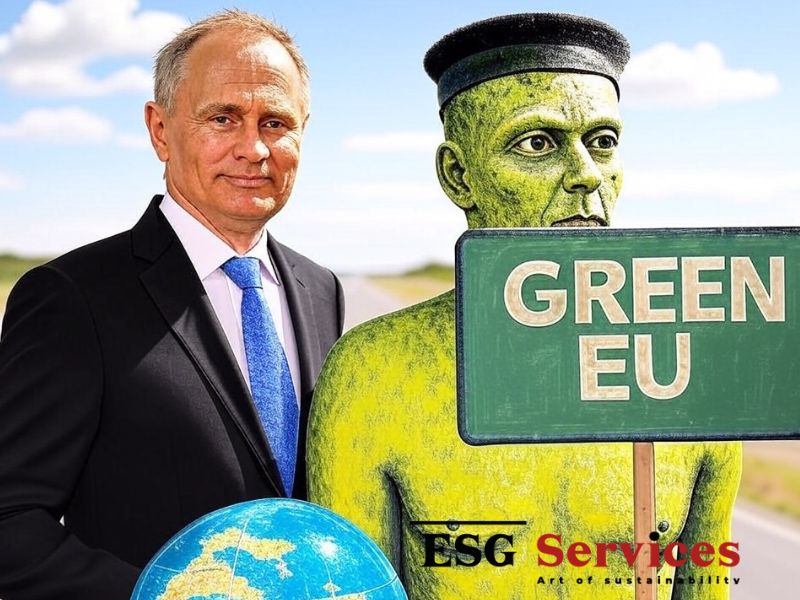The 28th Annual CEO Survey conducted by PwC gathered insights from 4,701 CEOs worldwide, revealing a divide between two groups of business leaders: those who actively adapt to new realities and those who remain stagnant.
The first group of leaders is actively investing in key areas such as generative artificial intelligence (GenAI), climate transformation, and new business models, seeing them as opportunities for growth and value creation.
On the other hand, more conservative leaders rely on minor adjustments to existing business models to maintain competitiveness. However, with rapid technological and regulatory changes, this strategy may prove risky.
Generative AI is generating great enthusiasm among business leaders. Currently, one-third of CEOs have already seen revenue and profitability growth due to its implementation, and half expect further increases in the coming year.
Despite these benefits, trust in AI remains a challenge, slowing down its full-scale adoption.
Investments in climate-positive actions are increasingly proving to be profitable. The PwC study found that:
However, these benefits are not evenly distributed:
The business landscape is undergoing rapid transformation, with traditional industry boundaries disappearing. Nearly 40% of CEOs stated that their companies entered new sectors in the past five years.
At the same time, 40% of leaders believe their companies will become unprofitable within a decade if they fail to pivot their business strategies. This underscores the importance of flexibility and adaptability in today’s market.
Although many CEOs recognize the need for change, the pace of transformation remains slow. On average, only 7% of companies’ revenues over the past five years have come from new business activities.
The main barriers to transformation include:
Despite these challenges, business leaders remain optimistic.
Building long-term value through sustainability starts with CEO-driven decisions focused on developing eco-friendly products, services, and technologies.
Already, one-third of companies are generating revenue from climate transformation investments. This number is expected to grow as decarbonization accelerates.
Next Steps:
Businesses are at a turning point. Those investing in technology, climate transformation, and new business models have the opportunity for rapid growth.
Meanwhile, companies that remain stagnant risk losing competitiveness. The future of business will be shaped by flexibility, adaptability, and innovation—and sustainability is at the core of this transformation.
🔗 Source: PwC CEO Survey









